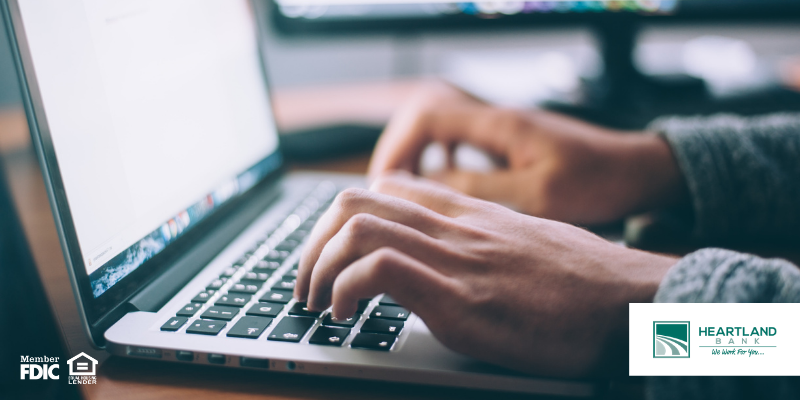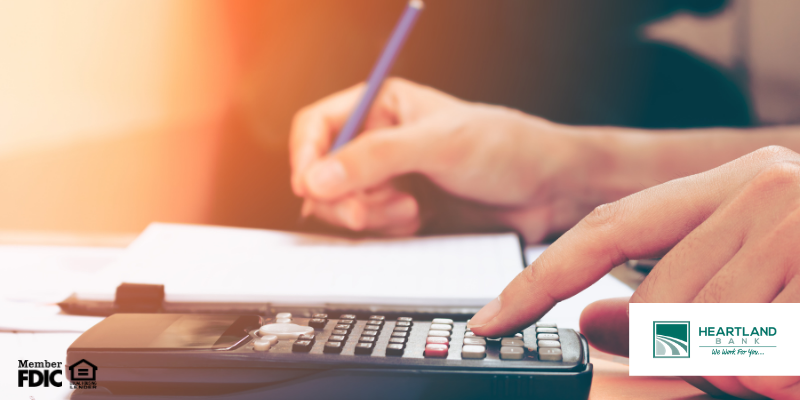
With so many people being online now, it’s even more important to be safe with what you do and add an extra layer of security to your actions. Any time you are on your phone, tablet or computer, there is a chance you could be targeted. Protect yourself and your information by keeping up to date with these five cybersecurity basics you need to know.
1. Update Your Software
Not all software updates automatically. Be sure to check your app store to update any apps who have a pending update. Restart your computer to allow for updates and be on top of when updates come out, so you don’t keep clicking ‘Later’ and forget to install the new update. Updating your software improves any bugs in the apps or overall system to improve security.
2. Require Passwords
Any and everything needs a password. Your phone, computer and so forth should all require one – even though it’s a little extra work for you. In case your device would ever end up in the wrong hands, this adds one extra layer of security.
3. Use Multi-Factor Authentication
Many apps are now asking or requiring that you use multi-factor authentication. This requires you to add a second email or phone number to your account for an extra layer of security when logging in. Another type of multi-factor authentication is using an app to get a code that you have to enter when logging into a program or device.
4. Secure Your Router
Be sure to change your router’s preset password to something difficult – don’t do your household’s last name with a 1! behind it and think that’s good either. Be tricky so someone can’t jump onto your Wi-Fi and get your information.
5. Have Difficult and Different Passwords
We’ve said it once and we’ll say it again – do NOT have the same password for all your accounts. We understand you could have logins for 50+ sites, but it’s important to try to switch it up so that a hacker can’t get into everything. If they have your email and password that gets them into your email, chances are they’ll try that combination on all the other popular platforms you’ll probably have.
We hope these five cybersecurity basics refreshed you on the importance of being extra cautious with your devices. We want you and your information to be as safe as can be!



